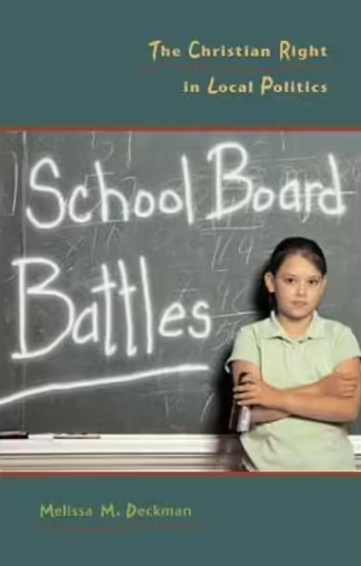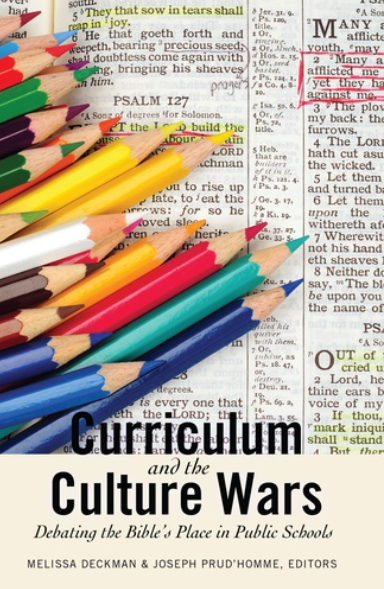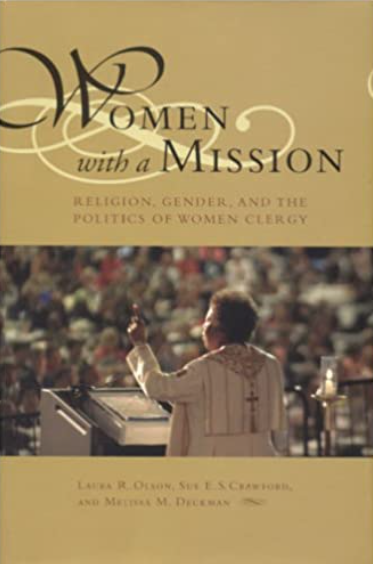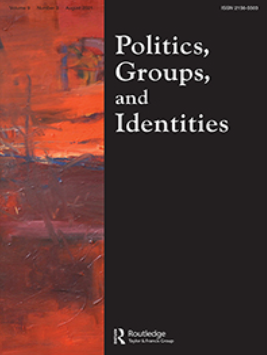Research
Melissa has always been interested in what drives people to make the political decisions they do. Her latest book, The Politics of Gen Z, which tells the story of Gen Z’s growing political participation—and why it is poised to drive U.S. politics leftward. Bringing together original data and compelling narrative—including nearly one hundred interviews with Gen Z activists and several national surveys—she explores the world of youth-led progressive organizing, highlighting the crucial importance of gender and sexuality.
She is the author, co-author or co-editor of six books, including a best-selling textbook on Women and Politics with Julie Dolan and Michele Swers. She has also written more than twenty peer-reviewed journal articles, which have appeared in Public Administration Review, Social Science Quarterly, Politics & Gender, Politics & Religion, Perspectives on Politics, and PS: Political Science & Politics, among other outlets.













